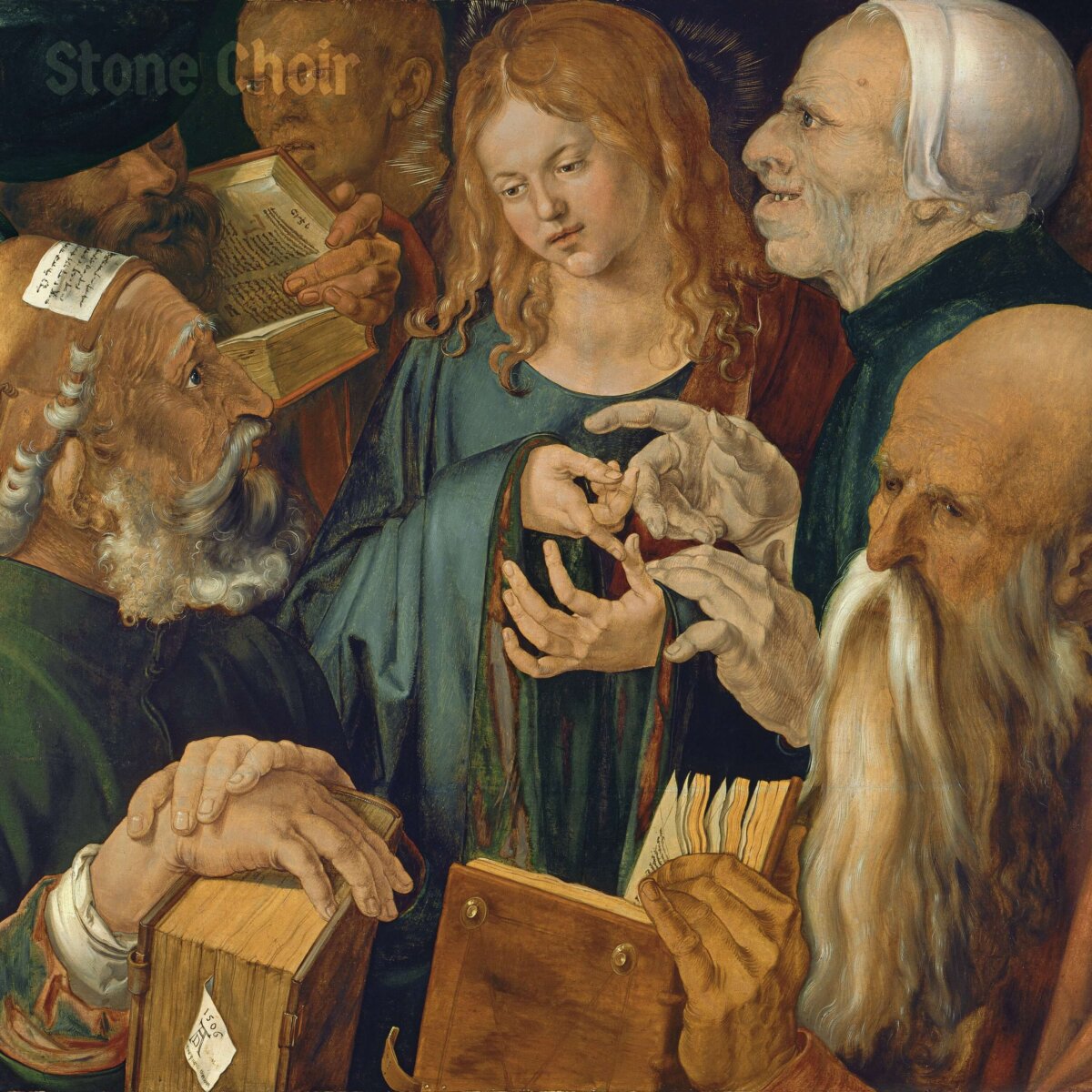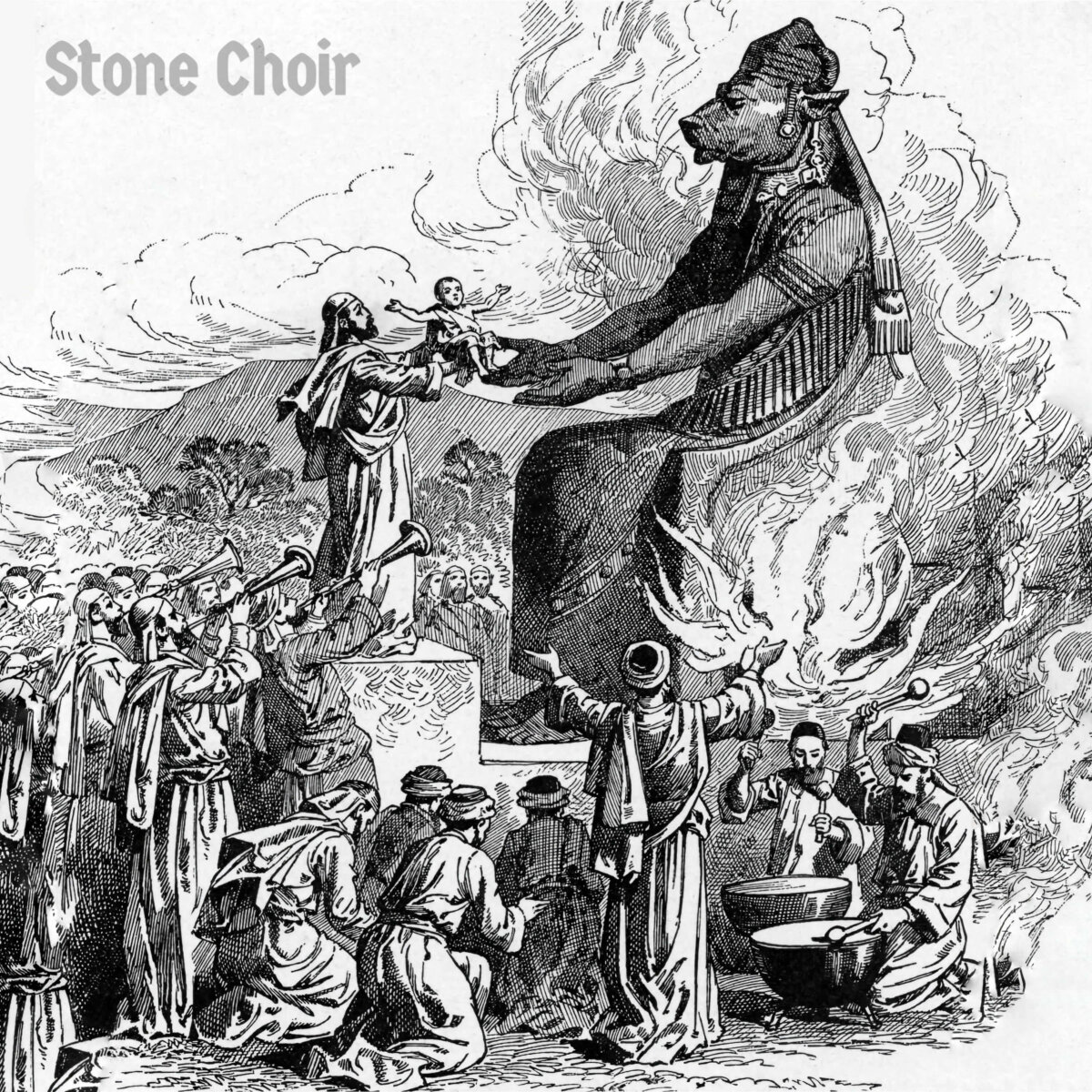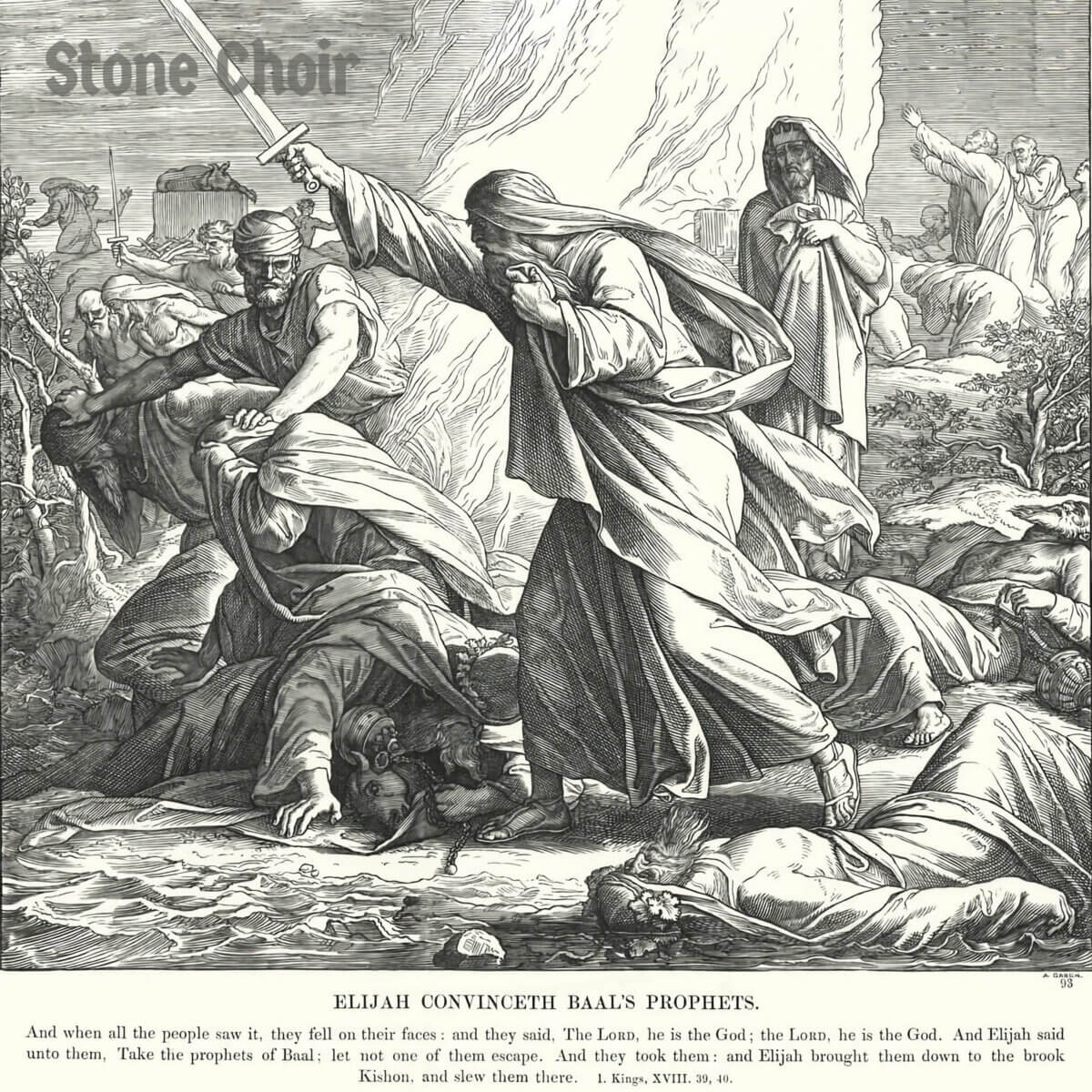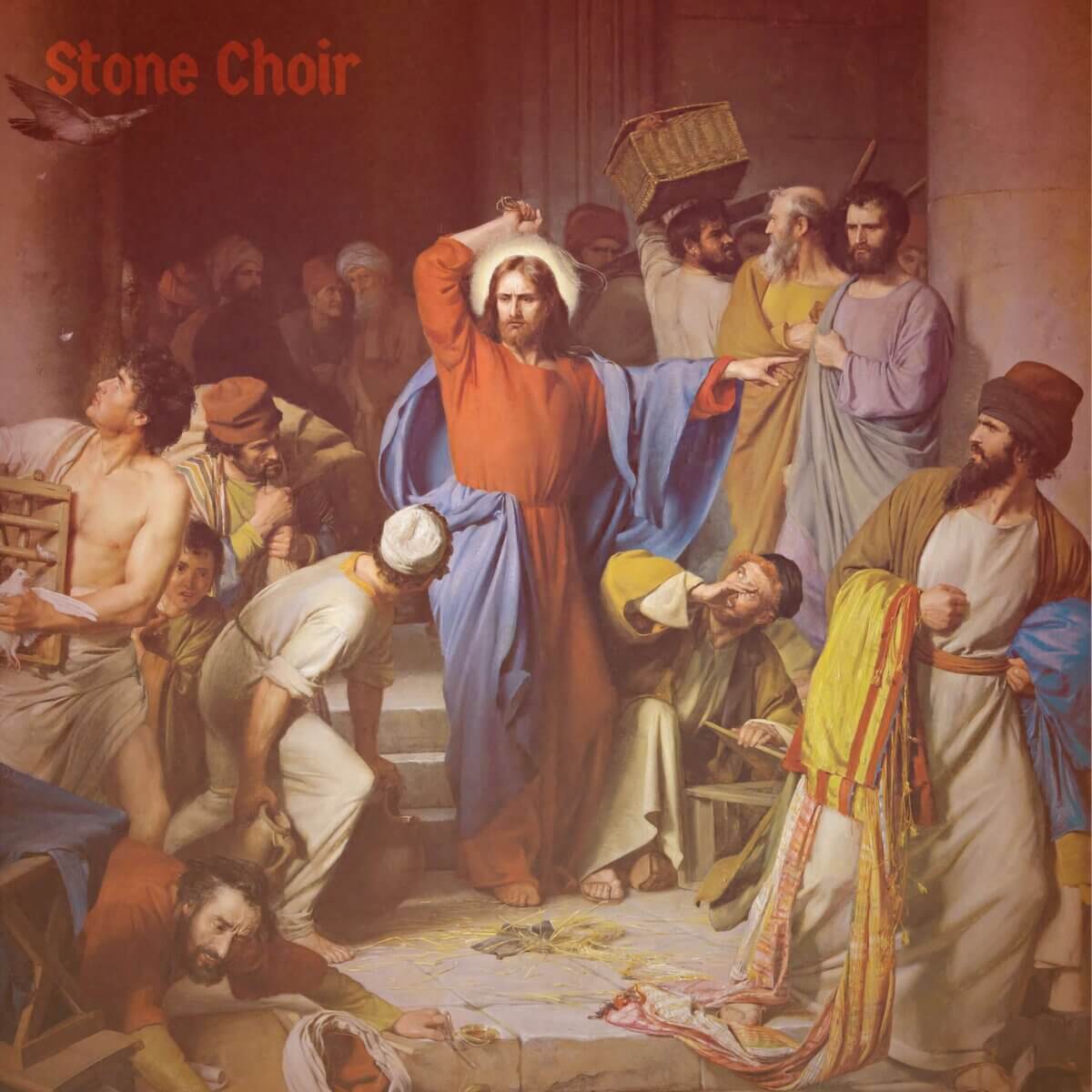Confessional Idolatry
Podcast: Play in new window | Download (Duration: 1:27:46 — 170.8MB) | Embed
Subscribe: Apple Podcasts | Spotify | Amazon Music | Youtube Music | More
Hosts

Corey J. Mahler

A true confession is not simply a matter of speaking a truth; rather, it is a matter of speaking the truth that is demanded under the circumstances. In fact, it is entirely possible to lie or to deceive with the truth. To say that it was the Romans who crucified Christ is entirely true, but to advance that particular truth in order to deny the truth that the Jews murdered the Lord Christ would be to lie with a truth. This is a tactic that Satan has employed from the very beginning.
Today, we most often see this playing out with Christians who run to their doctrinal statements or confessions when faced with novel problems. The battles of the Reformation era were important (and remain important), but they are not the things that Satan is attacking today. The man who holds up his confession and denies that he could ever be wrong because he has Abraham (his doctrinal statement) as his father has become a pharisee who follows after Satan’s footsteps in lying with the truth.
Confessions must not become idols, and the battles of centuries ago are not the battles of today. To look upon the bronze serpent because God commanded it is one thing; to worship the bronze serpent because you have distorted what it was is another matter entirely. Satan is rightly called a serpent — do not give him the opening he needs.
Show Notes
See Also
Further Reading
Parental Warnings
None.
Support the Podcast
Comments?
Join the discussion on Telegram, visit the feedback form or comment below.



